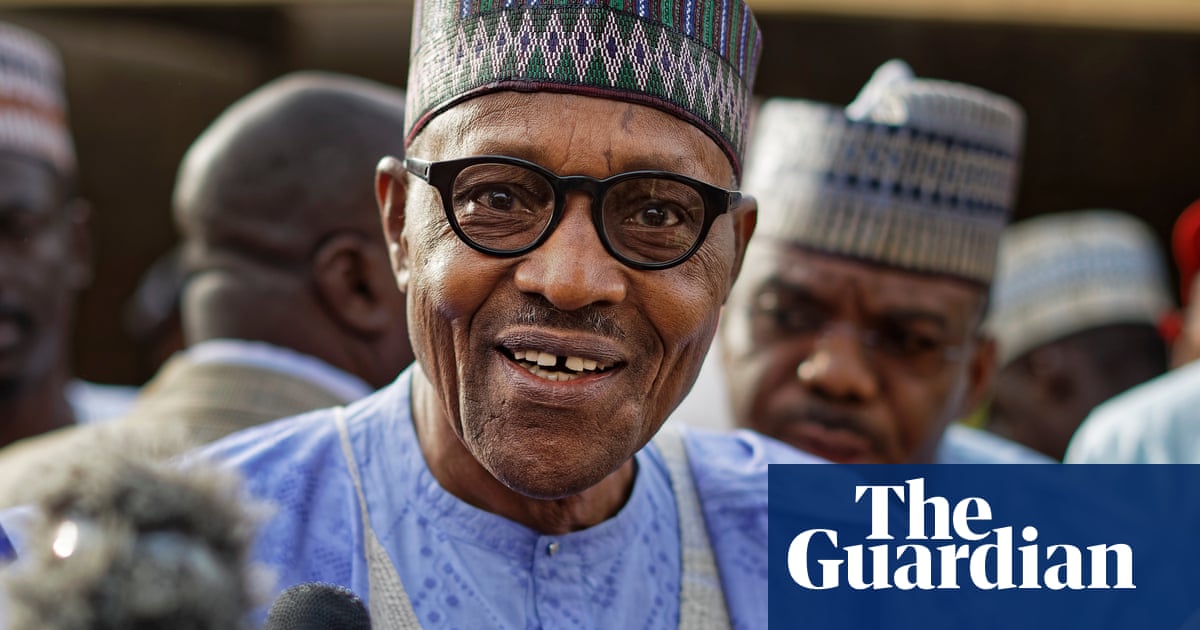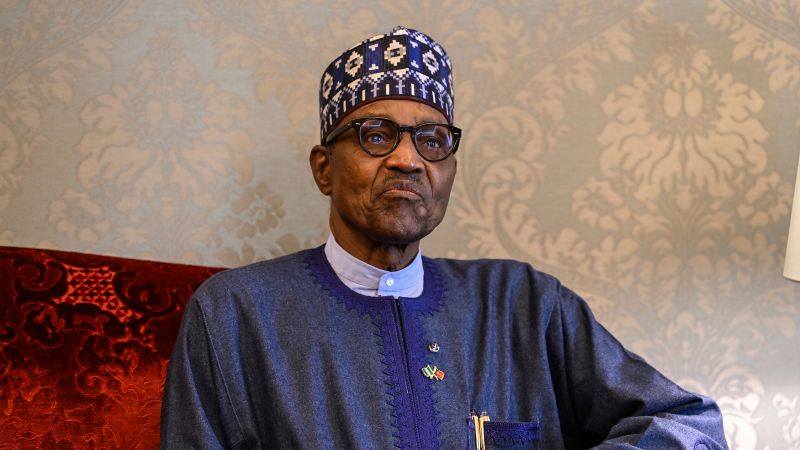Former Nigerian President Muhammadu Buhari Dies at 82
Muhammadu Buhari, Nigeria's former president and military leader, has passed away in London at the age of 82, leaving a complex legacy.
Subscribe to unlock this story
We really don't like cutting you off, but you've reached your monthly limit. At just $5/month, subscriptions are how we keep this project going. Start your free 7-day trial today!
Get StartedHave an account? Sign in
Overview
- Muhammadu Buhari, Nigeria's former president, died at 82 in London, marking the end of a significant political career.
- He made history in 2015 as the first opposition candidate to defeat a sitting president in Nigeria.
- Buhari's leadership faced challenges including Boko Haram violence, economic issues, and widespread corruption.
- Current President Bola Tinubu praised Buhari, recognizing him as a patriot and offering condolences to his family.
- Buhari's presidency was criticized for authoritarian tendencies and human rights abuses, leading to protests during his time in office.
Report issue

Read both sides in 5 minutes each day
Analysis
Center-leaning sources present Muhammadu Buhari's death with a focus on his complex legacy, highlighting both his historic electoral victory and the challenges of his presidency, including insecurity and corruption. The framing reflects a critical perspective on his governance, emphasizing authoritarian tendencies and failures while acknowledging his role in Nigeria's political history.
Articles (7)
Center (4)
FAQ
Buhari's administration made significant strides in infrastructure, security, and the economy. Key achievements include the procurement of 38 aircraft for the Air Force, acquisition of new naval platforms, recruitment of 20,000 policemen, major road construction projects funded by Sukuk bonds, completion of international airport terminals and runways, and passing the Petroleum Industry Bill. The administration also improved agricultural exports and implemented the Economic Recovery and Growth Plan to promote food security and economic growth.
Buhari's presidency was criticized for authoritarian tendencies and human rights abuses, which led to widespread protests. Additionally, his administration faced challenges in addressing Boko Haram violence, economic difficulties, and corruption despite efforts such as the whistleblowing policy to fight corrupt practices.
Buhari's administration heavily invested in the security sector, including the acquisition of new military aircraft such as MI-35 helicopters and Super Tucano planes, and expanded naval platforms significantly. The government also recruited 20,000 policemen and successfully neutralized terrorist groups, eliminating their territorial control in Nigeria. Maintenance and upgrades of military equipment were also conducted domestically for the first time in history.
Buhari launched the Economic Recovery and Growth Plan (ERGP) in 2017, which created a macroeconomic environment conducive to achieving food security and economic expansion. The administration also facilitated growth in exports across several sectors including agriculture, raw materials, and manufacturing. Additionally, it introduced development banking initiatives and investment schemes such as the Sukuk bonds to finance infrastructure projects.
Current President Bola Tinubu praised Muhammadu Buhari as a patriot and expressed condolences to his family following his death, recognizing Buhari's significant role in Nigeria's political history.
History
- This story does not have any previous versions.





